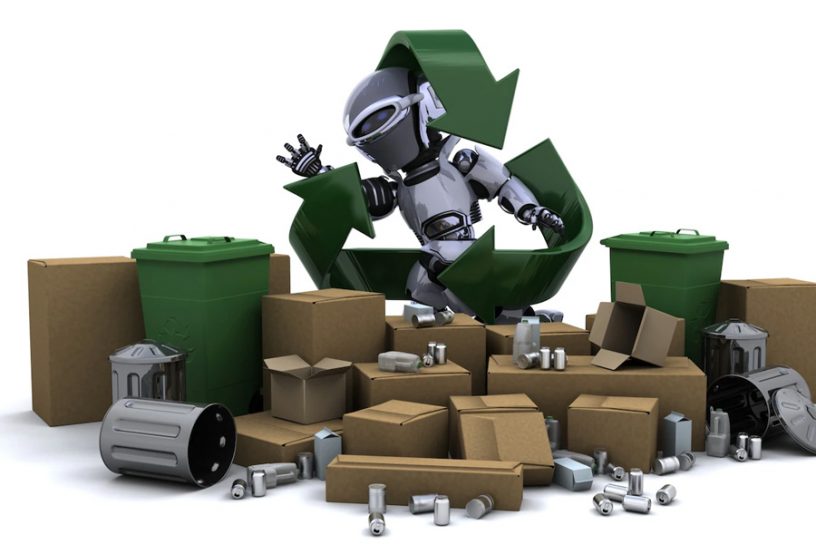
Lack of implementation of the legislative framework, extended producer responsibility and lesser corporate initiatives are some of the primary e-waste management challenges during the current pandemic, finds the study.
Authors
Vibha Trivedi, Academic Tutor & TRIP Fellow, O.P. Jindal Global University, Sonipat, Haryana, India.
Krishan Kumar Pandey, Professor, Jindal Global Business School, O.P. Jindal Global University, Sonipat, Haryana, India.
Ashish Trivedi, Associate Professor, Jindal Global Business School, O.P. Jindal Global University, Sonipat, Haryana, India.
Summary
This paper is aimed at analyzing the inter-contextual relationships among the factors that led to inadequate management of electronic and electrical waste (WEEE) during COVID-19 using a subjective perspective.
Methodology
Grey sets and a Decision-Making Trial and Evaluation Laboratory (DEMATEL)-based approach has been employed to identify the causal association of intertwined WEEE management barriers.
Findings
Results reveal the lack of implementation of the legislative framework, extended producer responsibility and lesser corporate initiatives are some of the most challenging WEEE management challenges during the current pandemic.
Practical Implications
The findings of the study would enable stakeholders of WEEE management toward building resilient policies and effective implementation plans during as well as post-crisis situations.
Originality
COVID-19 led challenges related to healthcare waste have attracted a significant amount of scholarly attention, but there has been lesser attention toward e-waste management challenges during the pandemic. Negligence toward e-waste management can pose threats to the environment as well as human well-being.
Published in: Management of Environmental Quality
To read the full article, please click here.


